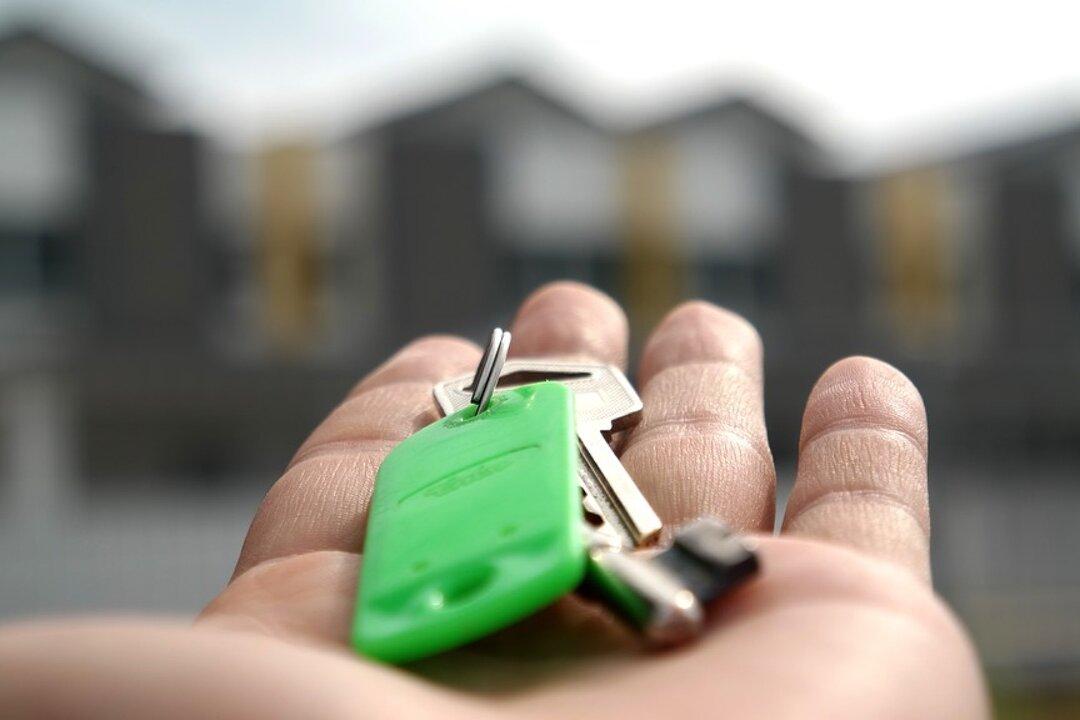Facebook users were outraged after a tenant in Florida shared her landlord’s bizarre terms and conditions that included no cooking after 9:30 p.m., no guests, 24-hour surveillance, a $10 late fee if rent is not paid on time, and other conditions like no alcohol or drugs.
Jessica Marteny from North Carolina shared the terms and conditions on the Facebook group “Awful roommates: roommates from hell” and, according to the Daily Mail, it had 450 comments by outraged users.





